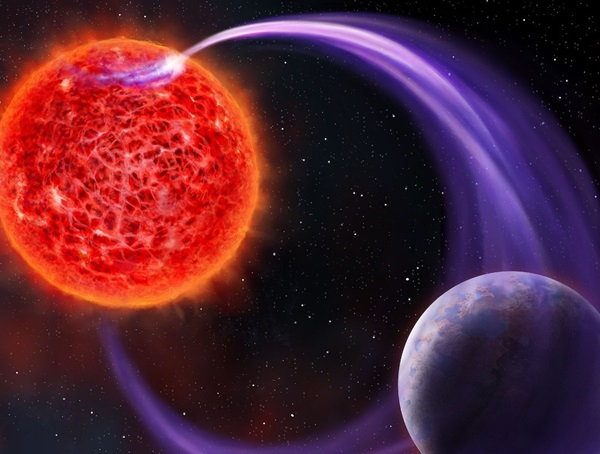Astrophysics: Exploring Exoplanets
One of the most significant revolutions in modern astrophysics has been the discovery of exoplanets. They had no idea whether any of the countless stars beyond the solar system had planets or not twenty years ago. Things are very different now. There are over 1,000 known planetary systems. Planets abound in the universe. And what strange planets they are: hot Jupiter-like planets skimming the surfaces of their stars, cold and lonely free-floating planets far from any star, diamond planets, glass rain planets, super-Earths, and even neutron star planets. This course will bring you up to speed on the most recent research on exoplanets and how it has revolutionized the understanding of the formation of solar systems like their own.
This course is intended for those who want a more in-depth understanding of these mysteries than is provided by popular science articles and shows. To get the most out of this course, you should have a basic understanding of mathematics and physics from high school. This is the second of four ANUx courses that comprise the first year astrophysics program at the Australian National University. It follows the introductory course on the Universe's Greatest Unsolved Mysteries, and is followed by courses on the violent universe and cosmology. These classes are part of the Astrophysics XSeries. Learn more about the XSeries program and sign up for all of the series' courses today!
What you'll learn
- An understanding of the different methods used to find and study exoplanets
- Knowledge of the results obtained by these methods
- An appreciation of how scientists tackle difficult problems
Rating: N/A
Enroll here: edx.org/course/astrophysics-exploring-exoplanets











